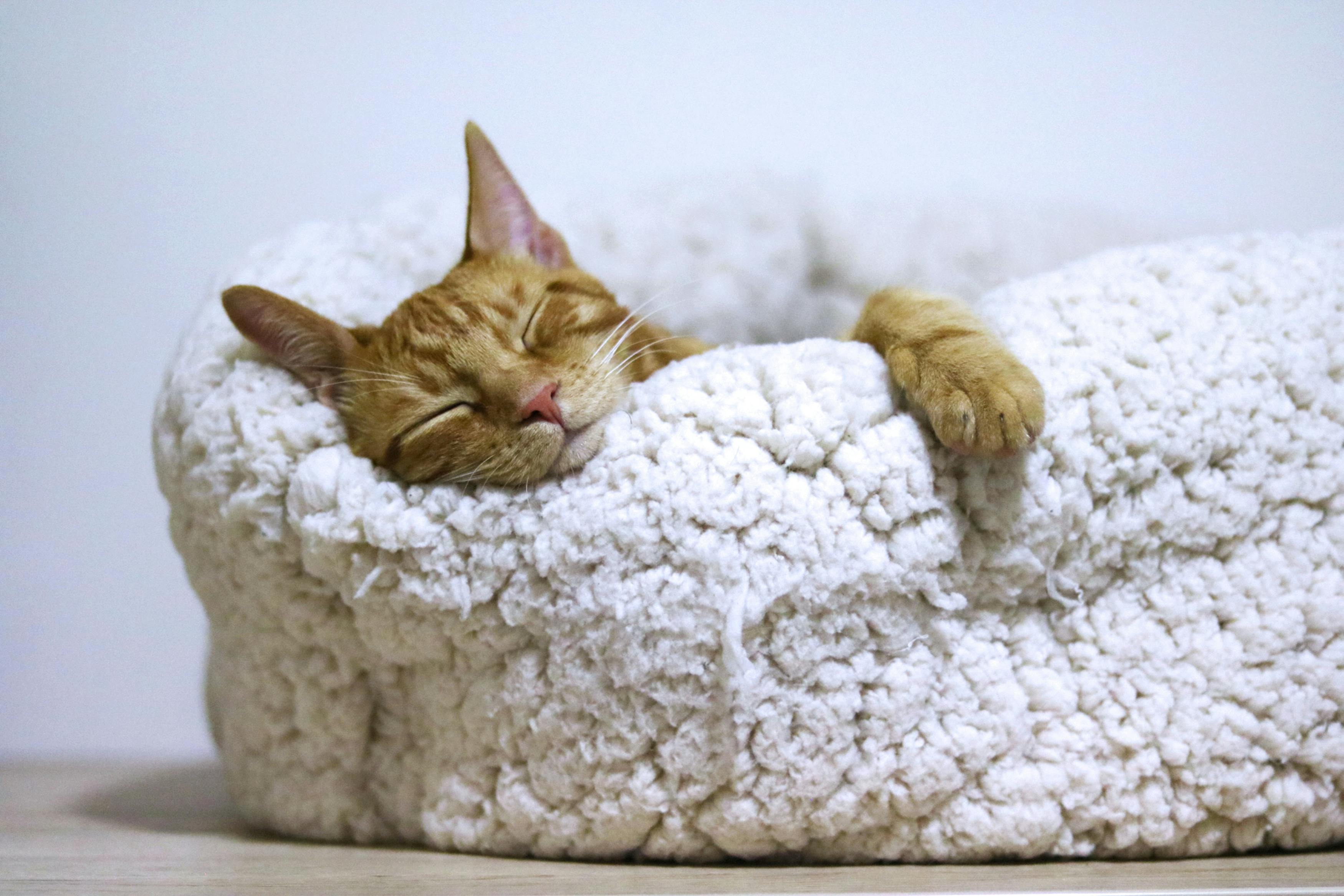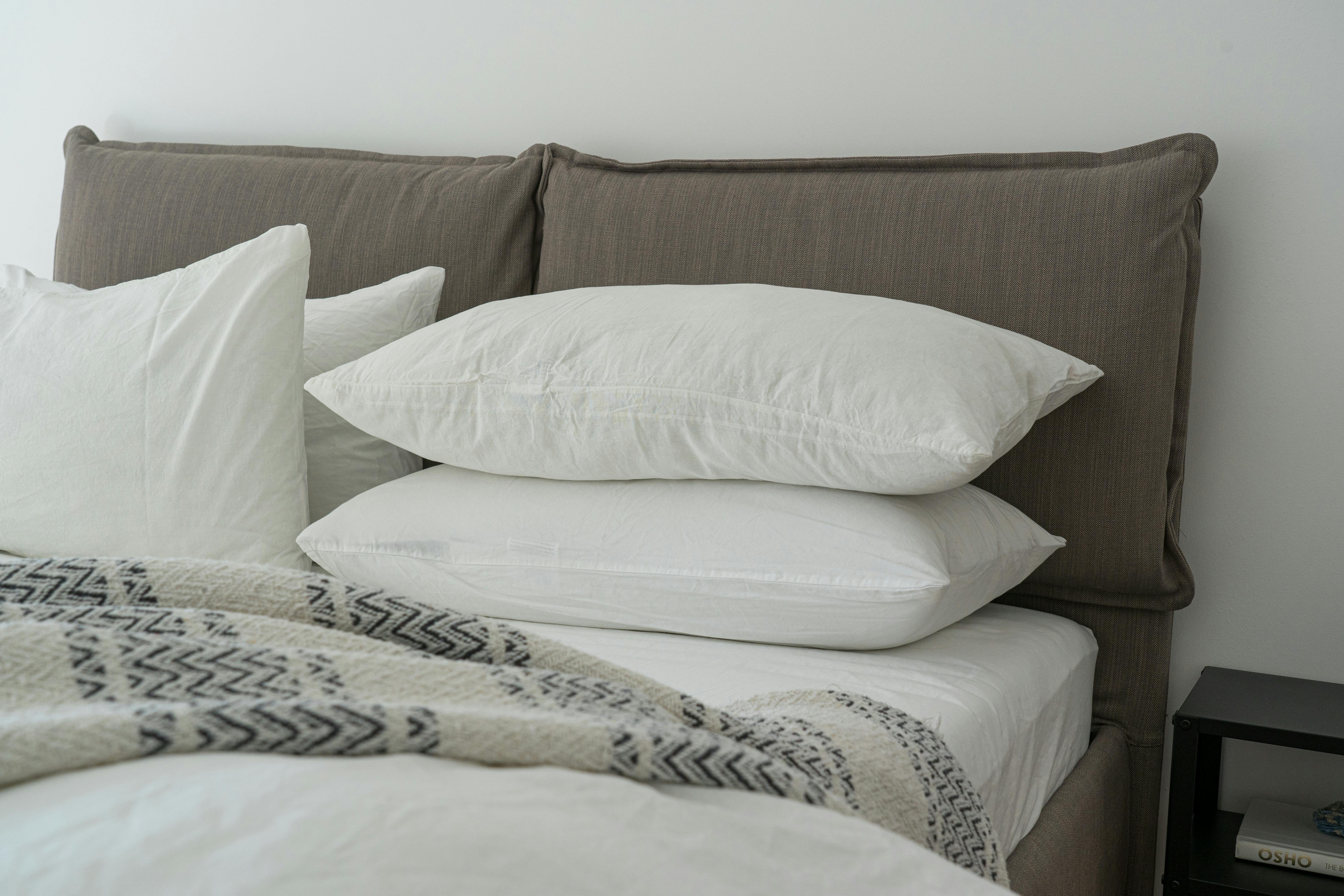
In our fast-paced, always-connected world, sleep often takes a backseat to work, social obligations, and endless to-do lists. However, recent research underscores the importance of sleep as a fundamental pillar of health and productivity. Let’s explore how quality sleep impacts our well-being and efficiency in daily life.
Sleep is a complex biological process essential for physical and mental health. During sleep, our bodies undergo crucial restorative functions, including: physical repair, immune function, cognitive function, emotional regulation!

Sleep + Immune
Sleep facilitates not only our muscle growth, tissue repair, and the release of growth hormones. It also strengthens the immune system by producing and releasing immune cells, such as T cells and cytokines, that are essential for fighting off infections. T cells help identify and attack pathogens, while cytokines are proteins that regulate immune responses. A well-rested body can mount a more effective immune response when exposed to viruses or bacteria!

Sleep + Brain Health
Additionally, when it comes to productivity, the connection between sleep and performance is undeniable. Sleep enhances brain function by supporting neuroplasticity, which is the brain's ability to adapt and reorganize itself by forming new neural connections. This is essential for learning new skills, adapting to new environments, and recovering from injuries. Quality sleep also aids in improving memory consolidation, problem-solving skills, and creativity. A well-rested brain is more adept at processing information and making decisions.
Sleep is also integral to creative thinking. It allows the brain to make new connections, fostering innovative ideas and solutions. Sleep heavily contributes to emotional stability as well by helping the brain process emotional experiences. Good, consistent rest can reduce irritability and anxiety, improving overall mood and resilience to stress.
Sleep + Productivity
We've all had days that we're groggy, low-energy, and irritable, so it's no surprise to know that adequate sleep replenishes energy reserves, leading to greater motivation and engagement in tasks. Without it, fatigue sets in, making us more prone to mistakes and accidents, both at work and in daily activities. Ensuring enough rest minimizes the risk of errors, especially in high-stakes environments.

Lack of Sleep Has Negative Effects
What you may not know are the harmful impacts of going without sleep. The effects of chronic sleep deprivation can be profound, even leading to:
Health Issues: Increased risk of chronic conditions such as obesity, diabetes, cardiovascular disease, and mental health disorders.
Poor Quality of Life: Reduced overall well-being, decreased life satisfaction, and impaired social interactions.
Decreased Work Performance: Lower productivity, increased absenteeism, and impaired decision-making skills.

Tips for Improved Quality of Sleep:
If you're having trouble trying to sleep at night, consider using some these tips:
- Treat sleep as a non-negotiable part of your schedule. Aim for 7-9 hours of quality sleep each night.
- Ensure your bedroom is conducive to sleep—dark, quiet, and cool. Consider using blackout curtains or white noise machines if necessary.
- Go to bed and wake up at the same time every day, even on weekends. This helps regulate your body’s internal clock.
- The blue light emitted by screens can interfere with melatonin production. Try to disconnect from devices at least an hour before bedtime.
- Avoid heavy meals, caffeine, and alcohol close to bedtime. Instead, opt for a light snack if you’re hungry.
- Incorporate relaxation techniques such as meditation, deep breathing, or gentle yoga to wind down before sleep.
- Find the right pillow for you. This can significantly enhance your sleep quality and overall health.
How To Find Your Perfect Pillow
Not sure where to start in your search for your perfect pillow? Don't worry, we have some factors for you to consider. Consider your sleeping position, personal preferences, and any specific needs you have when making your choice. A little time invested in selecting the perfect pillow can lead to many restful nights ahead!
- Identify Your Sleeping Position
- Side Sleepers: Look for a thicker, firmer pillow to fill the gap between your head and the mattress, ensuring proper spinal alignment.
- Back Sleepers: Opt for a medium loft pillow that supports the natural curve of your neck without pushing your head too far forward.
- Stomach Sleepers: Check yourself before you wreck yourself.
- Consider Pillow Types
- Memory Foam: Provides excellent contouring and support, ideal for pressure relief.
- Latex: Offers firm support and is durable, providing good airflow.
- Down/Feather: Soft and adjustable; good for those who prefer a plush feel but may not offer enough support for all.
- Buckwheat: Firm and adjustable; good for support and breathability.
- Polyester: Affordable and lightweight, but may not provide long-term support.
- Check for Adjustability
- Some pillows have adjustable fills, allowing you to customize the loft and firmness. This is especially beneficial if your sleeping position changes or if you prefer a specific level of support.
- Look for Quality Materials
- Hypoallergenic: If you have allergies, choose pillows made from hypoallergenic materials to reduce allergens.
- Cooling Features: If you tend to sleep hot, look for pillows with cooling gel or breathable covers to help regulate temperature.
- Evaluate Firmness
- Soft: Best for side sleepers or those who prefer a plush feel.
- Medium: Works well for back sleepers, providing support without being overly firm.
- Firm: Suitable for side sleepers or those needing extra support.
- Consider Size and Loft
- Ensure the pillow size matches your bed size (standard, queen, king). The loft should complement your sleeping position and personal comfort preferences.
- Test for Comfort
- Whenever possible, test the pillow before buying. Many brands offer trial periods, allowing you to use the pillow at home and return it if it doesn’t meet your needs.
Finding the best functional and supportive pillow involves understanding your personal sleep habits and preferences. By considering your sleeping position, preferred materials, and specific needs, you can select a pillow that promotes restful sleep and enhances overall comfort

Sleep Is A Necessity.
All of this being said, in an era where the hustle and grind are celebrated, it’s essential to recognize that sleep is not a luxury but a necessity. Prioritizing rest can lead to enhanced health, improved productivity, and a better quality of life. By understanding and embracing the critical role of sleep, we can unlock our full potential—both personally and professionally. So tonight, put down the devices, dim the lights, and let your body and mind recharge for the day ahead. Your future self will thank you!
Dr. Heather Champion
Contact Me



